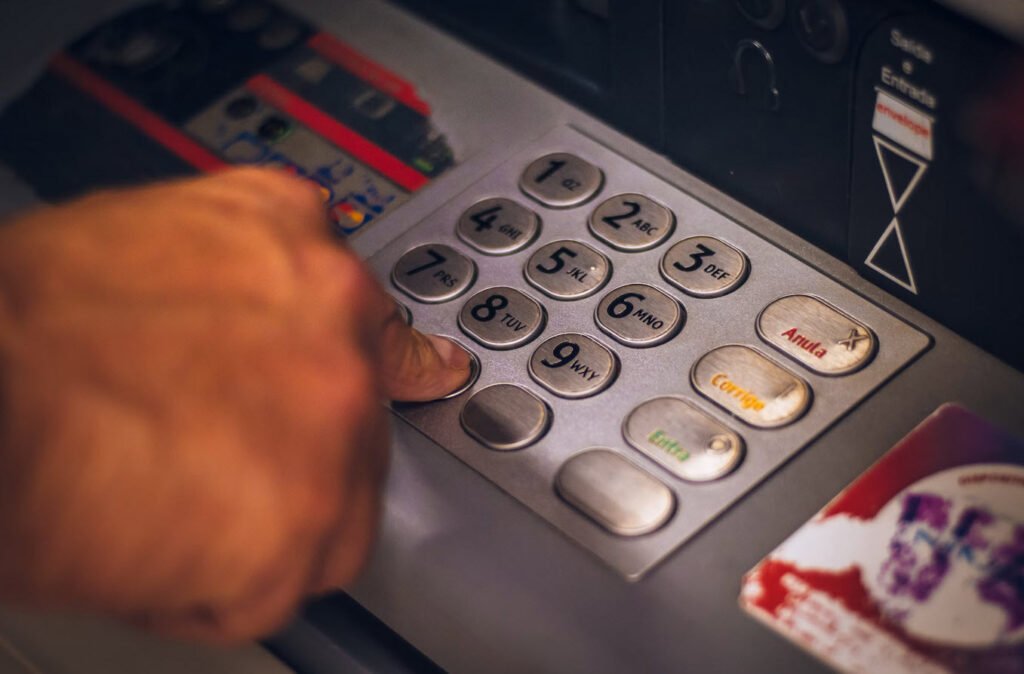
Banking is an industry that deals with financial transactions, and it is essential to know the banking abbreviations to understand the jargon and to be efficient in communication. There are many abbreviations in the banking sector, and in this article, we will discuss some of the most vital banking abbreviations that you should know.
- FPI : Fiscal Performance Index
- NOF : Net Owned Fund
- QIPs : Qualified Institutional Placements
- QIBs : Qualified Institutional Buyers
- EMV : Europay MasterCard Visa
- ICE : Identify Check Express (MasterCard)
- BoP : Balance Of Payment
- BoT : Balance of Trade
- FDI : Foreign Direct Investment
- FII : Foreign Institutional Investment
- FPI : Foreign Portfolio Investment.
1. FPI – Fiscal Performance Index
Fiscal Performance Index (FPI) is a metric used to evaluate the economic condition of a country based on various parameters such as gross domestic product (GDP), national income, and spending patterns.
2. NOF – Net Owned Fund
Net Owned Fund (NOF) is the amount of capital that a bank or financial institution possesses to run its operations. It refers to the total equity capital minus the investments made by the financial institution.
3. QIPs – Qualified Institutional Placements
Qualified Institutional Placements (QIPs) are investments made by institutional buyers, such as banks or mutual funds, in a public limited company.
4. QIBs – Qualified Institutional Buyers
Qualified Institutional Buyers (QIBs) are high net worth institutional buyers, such as banks or mutual funds, who are eligible to participate in an initial public offering (IPO).
5. EMV – Europay MasterCard Visa
Europay, MasterCard, and Visa (EMV) is a payment technology standard for credit and debit cards that uses a chip to provide increased security and protection against fraud.
6. ICE – Identify Check Express (MasterCard)
Identify Check Express (ICE) is a payment processing system offered by MasterCard that allows merchants to accept electronic payments from customers.
7. BoP – Balance of Payment
Balance of Payment (BoP) is a record of all the monetary transactions conducted between a country and the rest of the world over a specific period.
8. BoT – Balance of Trade
Balance of Trade (BoT) refers to the monetary difference between a country’s exports and imports over a specific period.
9. FDI – Foreign Direct Investment
Foreign Direct Investment (FDI) refers to an investment made by a company or individual in a foreign country for the purpose of setting up a business or acquiring assets.
10. FII – Foreign Institutional Investment
Foreign Institutional Investment (FII) is an investment in equity and debt securities made by institutional investors, such as mutual funds or pension funds, in a foreign country’s financial markets.
11. FPI – Foreign Portfolio Investment
Foreign Portfolio Investment (FPI) is an investment made by foreign individuals or companies in the securities markets of a foreign country, such as stocks or bonds.
Conclusion:
Understanding the banking sector’s jargon is essential to conduct financial transactions efficiently and communicate effectively with banking professionals. These banking abbreviations discussed in this article are some of the most important ones to know in the industry. However, it’s worth noting that the industry’s terminology is vast and constantly evolving, so it’s recommended to keep learning and updating oneself with the latest trends and terminologies.









This Post Has 2 Comments